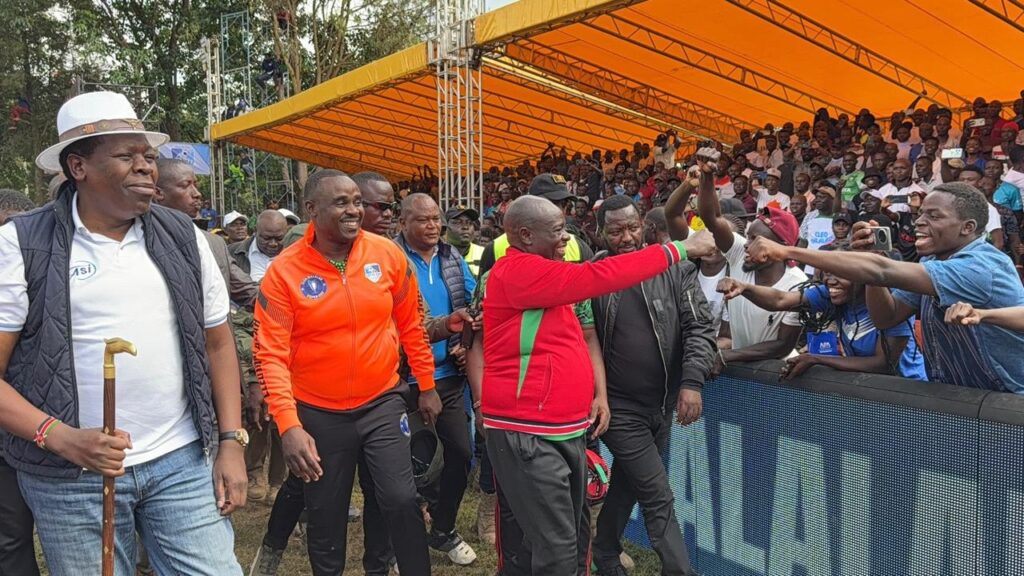Former Deputy President Rigathi Gachagua has now shifted his legal strategy, seeking monetary compensation for what he terms an unlawful impeachment rather than reinstatement to office.
In a court session held earlier this week, Gachagua, through his lawyer Paul Muite, sought leave to amend his initial petition, opting to drop his original request for reinstatement and instead pursue damages equivalent to the salary and benefits he would have received had he completed his full five-year term in office.
“The petitioner wishes to challenge the legality of his impeachment and will be seeking leave to amend the prayers. He will be asking for the money he would have earned had he served the full five-year term,” Muite informed the court.
Muite clarified that Gachagua will not be filing any interlocutory applications and asked the court to assign the earliest possible hearing dates for the revised petition. He stressed that the case is personal and not one of public interest, as it pertains directly to Gachagua’s removal from office.
“This petition is not a matter of public interest. It is a personal matter that directly affects the petitioner, who is the one impeached,” Muite told the court.
Gachagua’s shift in legal approach comes months after he was controversially impeached, a move he has consistently challenged as lacking due process and political in nature. His legal team argues that the impeachment process was flawed and violated constitutional protections, thus entitling him to full compensation.
The respondents in the case did not object to Gachagua’s application to amend the petition, allowing the case to move forward with its new focus on financial redress.
Legal analysts suggest this change in strategy could reflect Gachagua’s recognition of the political realities surrounding his ouster, choosing instead to pursue what could be a significant financial settlement. The court is expected to set a hearing date soon for the amended petition, which will now center on the legality of the impeachment and the financial implications of his truncated term.

